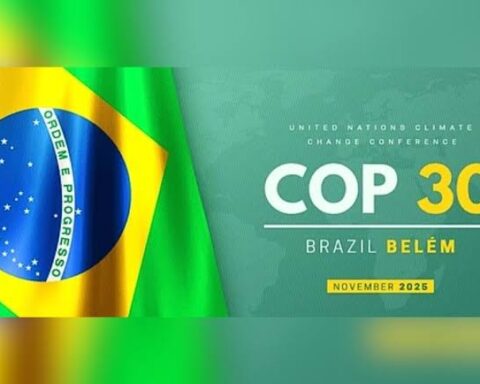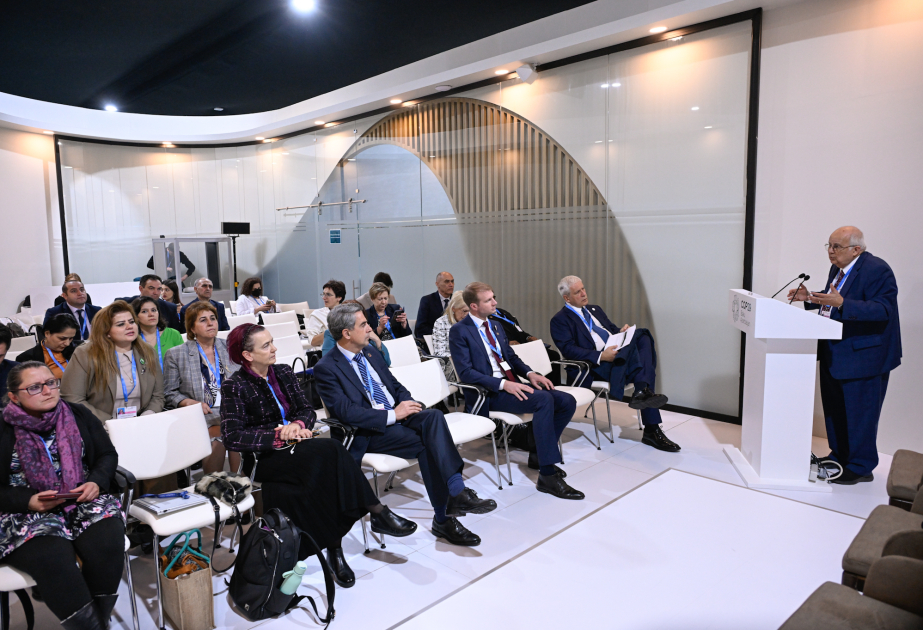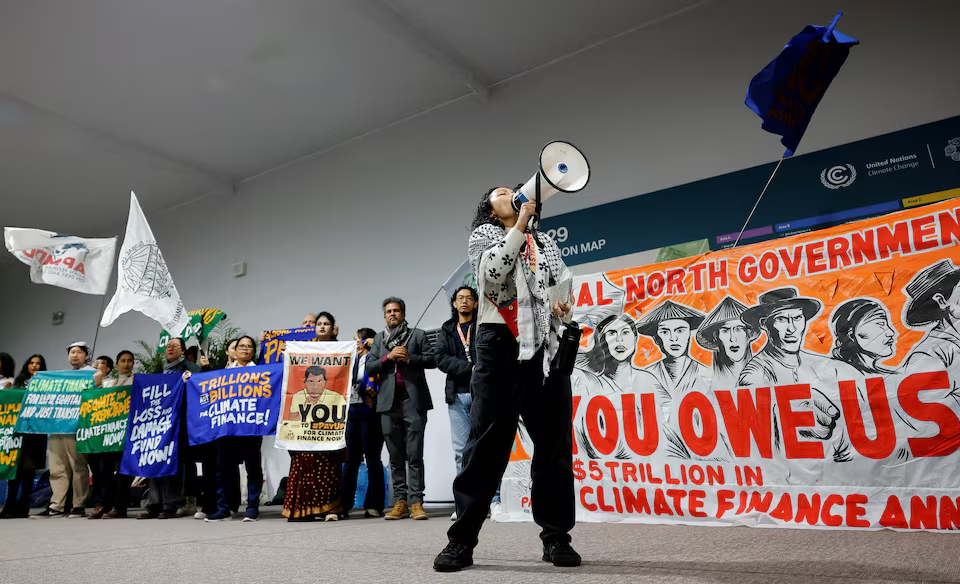The Stockholm Environment Institute (SEI) and Mistra Geopolitics have raised alarms about the escalating risks to global food security stemming from climate change, geopolitical conflicts, and economic divisions.
Their new report, launched during the Food, Agriculture, and Water Day at COP29 in Baku, Azerbaijan, highlights urgent actions needed to safeguard food systems worldwide.
The report emphasizes that climate-induced disasters such as floods and droughts, coupled with geopolitical tensions, are creating cascading risks across borders. These challenges manifest in disrupted food production and trade, driving food price shocks, reduced accessibility, and social instability.
“Food trade is increasingly being weaponized in geopolitical conflicts. Collaboration among countries with shared risks or common goals is a promising pathway to managing these transboundary climate risks,” said Sara Talebian, SEI Research Fellow and lead author of the report.
Africa: At the Epicenter of Climate and Food Crises
The report’s findings resonate strongly with African nations, where the impacts of climate change have led to severe droughts and floods, significantly reducing agricultural yields and displacing millions of people.
At the Pan African Climate Justice Alliance (PACJA) event held within COP29, African leaders called for urgent action to address the continent’s disproportionate vulnerability.
“Africa is at the frontline of the climate crisis, yet the global response remains inadequate. Wealthy nations must fulfill their long-overdue commitments to support adaptation and resilience efforts,” said a PACJA representative.
A Call for Climate Justice and Financing
African officials highlighted the need for fair and accessible climate financing as a critical step toward achieving climate justice.
With 59 active conflicts worldwide in 2023 exacerbating food insecurity, they emphasized that honoring financial pledges from developed countries is a moral and practical necessity.
“This is not just about justice; it is about survival. Climate financing must prioritize adaptation and resilience-building in developing nations,” the leaders demanded.
Proposed Solutions for a Sustainable Food Future
The SEI report outlines multifaceted approaches to enhance food security globally and in Africa:
Promoting Climate-Resilient Agriculture: Enhancing domestic food production reduces dependency on global food markets and mitigates transboundary risks.
Reducing Food Waste: Tackling waste could improve resource efficiency and food availability.
Transitioning to Plant-Based Diets: Encouraging sustainable dietary practices could reduce environmental impact and enhance food security.
Strengthening Global Collaboration: Small coalitions of countries with aligned goals can foster resilience in food systems against geopolitical and climate-related disruptions.
Global Implications for Africa’s Food Security
Africa’s reliance on imports from global “breadbasket” regions makes it particularly susceptible to climate-induced disruptions. For instance, floods in Pakistan not only affect local populations but also have ripple effects on rice supply chains, impacting food availability in regions like the European Union.
The report warns that without urgent action, the global goal of ending hunger by 2030 (Sustainable Development Goal 2) remains unattainable. In 2022 alone, 100 million more people suffered from hunger compared to 2019, with projections indicating 582 million will be chronically undernourished by 2030.
Path Forward
The launch of the SEI report at COP29 underscores the urgency of addressing food security through integrated policies.
As African nations demand climate justice, global actors must collaborate to build resilient food systems capable of withstanding the twin pressures of climate change and geopolitical upheavals.
“It’s time to move beyond promises. Climate action must prioritize food security to protect lives and livelihoods, especially in vulnerable regions like Africa,” Talebian concluded.
By Dare Akogun








